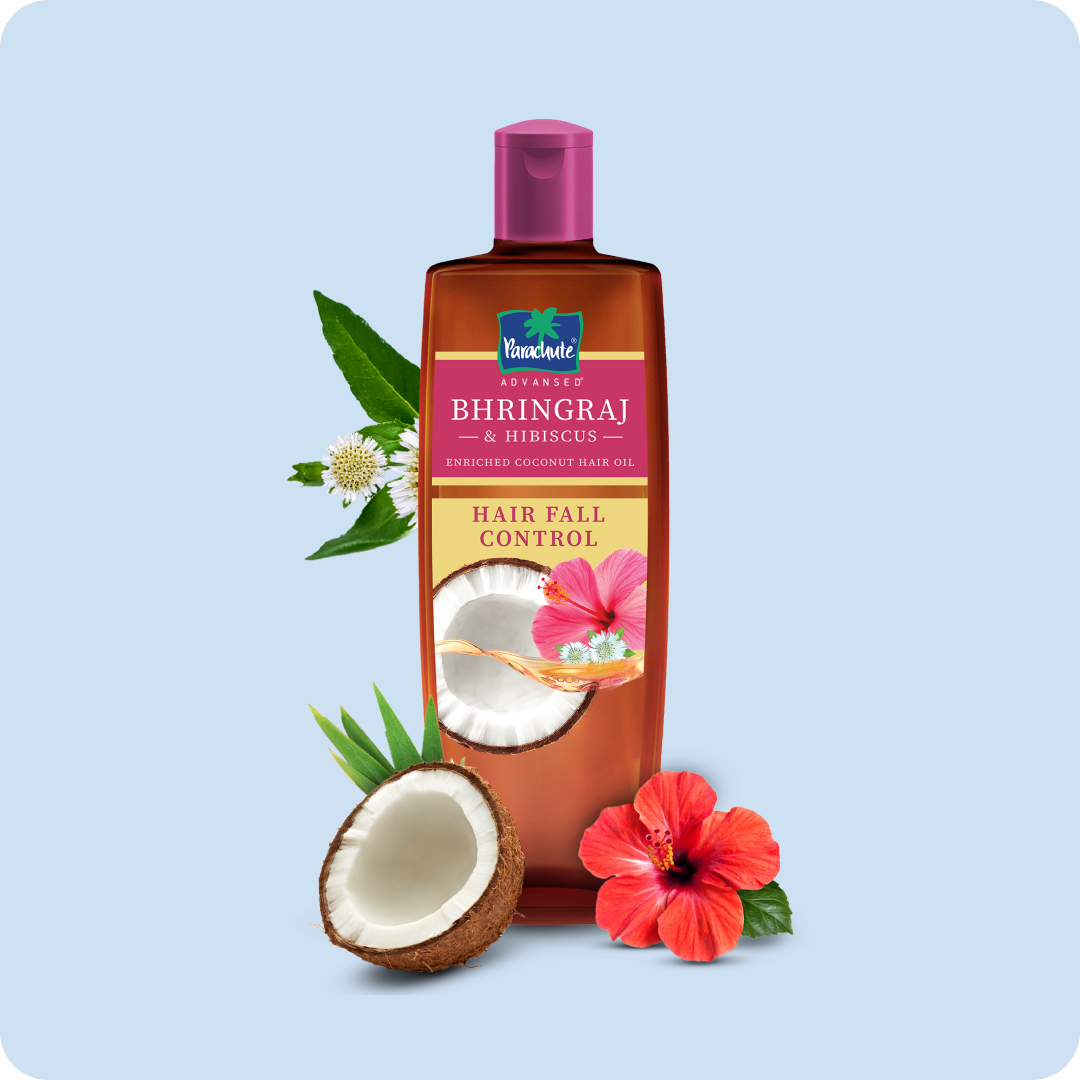
Back
5 Common Causes and Solutions for Itchy Scalp

Jun 21, 2024

9 min

Biswajit Singh
Who doesn’t hate itchy scalp? The worst part is that it appears suddenly, irrespective of any season or particular time. But the good news is that itchy scalp can be treated. With dietary changes and lifestyle shifts, you can calm it down. Of all the hair woes, the itchy scalp irritates and frustrates you the most, no matter which scalp type you've got—whether it’s oily or dry. Here, we cover the causes of itchy scalp and, most importantly, how we can treat it and keep our hair’s health in check!
What are the Common Causes of Itchy Scalp?
Addressing your itchy scalp should be a top priority, as it can lead to infections, allergic reactions, and more. Here, we present 4 common causes of itchy scalp and effective treatments for each.
1. Dandruff

Dandruff is a common hair issue which causes skin to flake. It usually forms when your scalp accumulates dirt and buildup, turning it itchy and red. Excessive oil in the scalp catches dirt, which further contributes to the formation of dandruff. The best way to deal with it is to use an anti-dandruff shampoo, which will cleanse your scalp effectively, controlling your dandruff and moisturising your hair properly.
2. Wrong Hair Care Product

Using the wrong hair care products can lead to disastrous consequences, including an itchy scalp. Despite the multitude of products we use regularly—from styling to drying—we often overlook the ingredients we apply to our hair. Certain ingredients can exacerbate scalp itchiness, with para-phenylenediamine (PPD) being a common culprit. Additionally, denatured alcohol, found in hair sprays, gels, and mousses, can disrupt scalp health and cause itchiness. Therefore, it’s important to be mindful of such ingredients and stick to products recommended by your dermatologist.
3. Poor Diet

When your hair lacks essential vitamins, minerals, and proteins, problems can arise, such as an itchy scalp. This issue often stems from inadequate hydration. To address this, maintaining a balanced diet for your hair is crucial, including incorporating leafy vegetables, fruits, eggs, and other nutritious foods. Additionally, fats like omega-3 and omega-6 fatty acids are important, as they reduce inflammation, enhance hydration, and boost sebum production in your skin. In simple terms, a nutrient-rich diet is the best way to prevent itchiness and irritation on the scalp.
4.Excessive Alcohol Consumption

Alcohol consumption has never benefited our bodies; instead, it has caused significant harm in various ways. One notable impact is on the scalp, often leading to itchiness and irritation. Excessive drinking can trigger seborrheic dermatitis, a chronic skin disorder characterised by red, scaly, and flaky patches in oily areas of the skin. Moreover, frequent alcohol intake can rapidly dehydrate the body, affecting both the texture of your hair and the condition of your scalp. Avoiding booze and any form of alcohol is best-recommended!
The Bottom Line
While we focus on incorporating a balanced diet, getting rid of alcohol, combating dandruff, it’s also essential to apply hair oil, which can effectively nourish your scalp and soothe itchiness while keeping the scalp clean and hydrated. There’s no better choice than Parachute Advansed Bhringraj Hair Oil which focuses extensively on improving scalp health. Scalp scratching causes nothing but more damage to your scalp, but the right hair oil can transform your hair for better!
DISCLAIMER:
Our team picks and curates content we think you will like. Opinions expressed within the content are the creator’s views and do not reflect the opinions and beliefs of the website or that of Marico Limited.

SHARE NOW






Benefits of Vitamin E for Your Hair
Explore the top 5 benefits of vitamin E for hair, including promoting scalp health, boosting growth, reducing greying, and improving hair quality. Learn how to add vitamin E to your routine for healthier, stronger hair.

Feb 23, 2023

10 mins

SHARE NOW






Aloe Vera for Scalp: The Magical Benefits of Aloe Vera Hair Oil for Scalp
Experience the wonders of aloe vera for scalp health. Learn how aloe vera hair oil soothes, nourishes, and promotes a healthy scalp for stronger, shinier hair.

Feb 23, 2023

10 mins

SHARE NOW


















